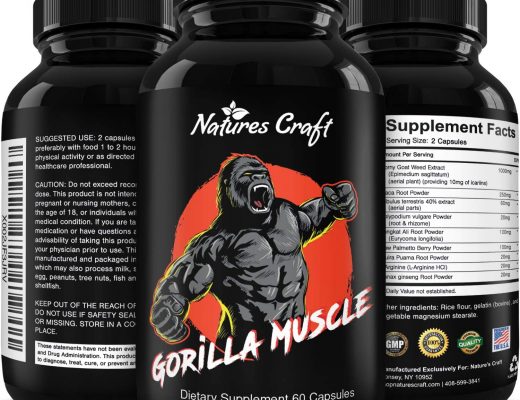We all prefer to have our natural teeth and want them to last forever, but there are situations that arise that sometimes require us to undergo an extraction. Teeth that are damaged, decayed, or have experienced trauma and cannot be repaired, are removed. In Plano and Arlington, Texas, extractions can be done easily and comfortably at Premier Family Dentistry.
If you are planning on using orthodontics to straighten or fix your teeth, you may need an extraction if your mouth is overcrowded. This creates space for your teeth to move, correct, and align. Sometimes teeth are too big and need to be removed because there is no space left for them to grow.
In most cases, if decay or infection of a tooth is treated right away then a root canal can be performed. Often bacteria enter the damaged areas and lead to a painful infection. This is why it is advisable to take good care of your teeth. There are some helpful and effective products that you can use to protect your teeth and keep them healthy. For more information, you can check these Steel Bite Pro reviews. If the infection can’t be cured through medicine or root canal therapy, then an extraction will be done instead.
If you are in bad health and there are risks with the infection, an extraction may automatically be performed to remedy that risk and prevent further infection that could compromise your health status.
Gum disease is a common occurrence especially as we grow older. It can cause teeth to become loose over time and create the need for them to be pulled and replaced with a crown.
How Does it Work?
An extraction falls under the category of oral surgery. Dentists specializing in surgery or an actual oral surgeon will complete the procedure.
- An anesthetic will be applied to the infected area to numb the area surrounding the teeth that is being removed.
- If the tooth or teeth are impacted (under the gum), a stronger anesthetic will be utilized putting you to sleep during the process. This anesthetic will prevent any pain during the entire procedure.
- Impacted teeth will require areas of the gum and bone tissue to be removed near the tooth. Using a tool, the dentist will then slowly rock the tooth until it removes and loosens.
- Blood will form in the bone socket. Gauze will be immediately applied and will be held with your bite to stop the bleeding. In some cases, self-dissolving stitches may be applied.
- If you experience dry socket (when the clot falls out early), your dentist may place a tiny amount of what is called sedative dressing into the area until a new clot forms.
If you have any special health conditions, you need to alert your dentist before having any teeth pulled. As with any surgery, you are vulnerable to bacteria and infection so you should proceed with caution.
You will need a few days to recover from an extraction. Your dentist may prescribe mild painkillers or over the counter medications to ease the pain. Keep the gauze in place with your bite and regularly change the dressing. Ice should applied right after the procedure. Activity should be kept to a minimum for the next few days and no drinking from a straw, spitting or rinsing. A soft food diet is best until the healing process is complete. Avoid brushing the area where the treatment and extraction occurred while it heals.
Pain will be felt for a few days after the procedure as well as some bleeding and swelling. If the bleeding and the pain continues and worsens, you should contact your dentist right away.
It will take you up to two weeks to feel completely normal again. The bone and tissue will restore itself on its own. Now that you have a space that has a missing tooth in your mouth you should start planning on ways to remedy this problem. Not having all your teeth in place can create problems with your bite and cause your teeth to move around. You also can experience bone loss over time and more gum issues. It is best to consider an implant or other procedure to fill the gap of where the natural tooth once resided. It creates a firm foundation to have all the teeth in place for your future oral health.





